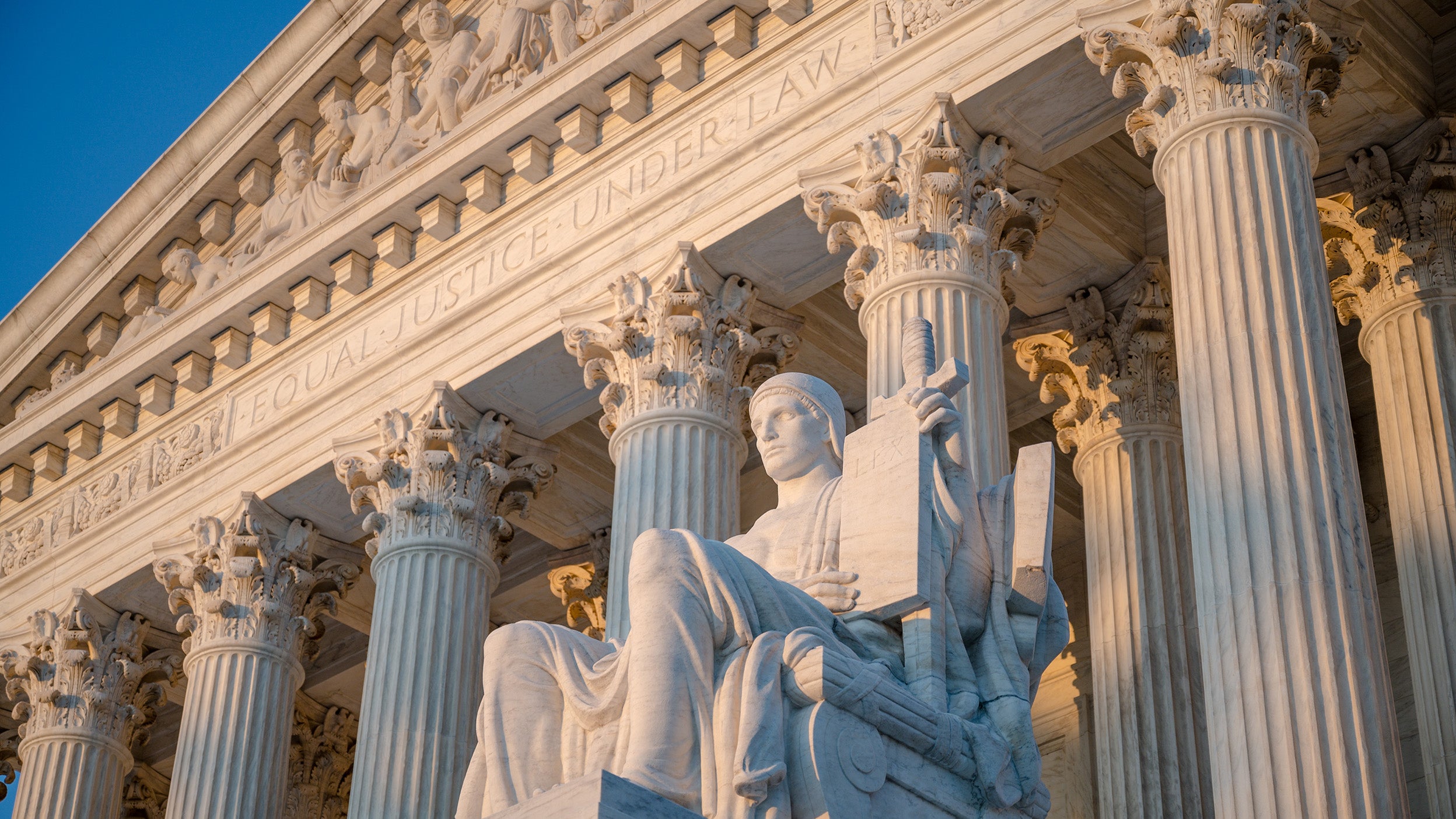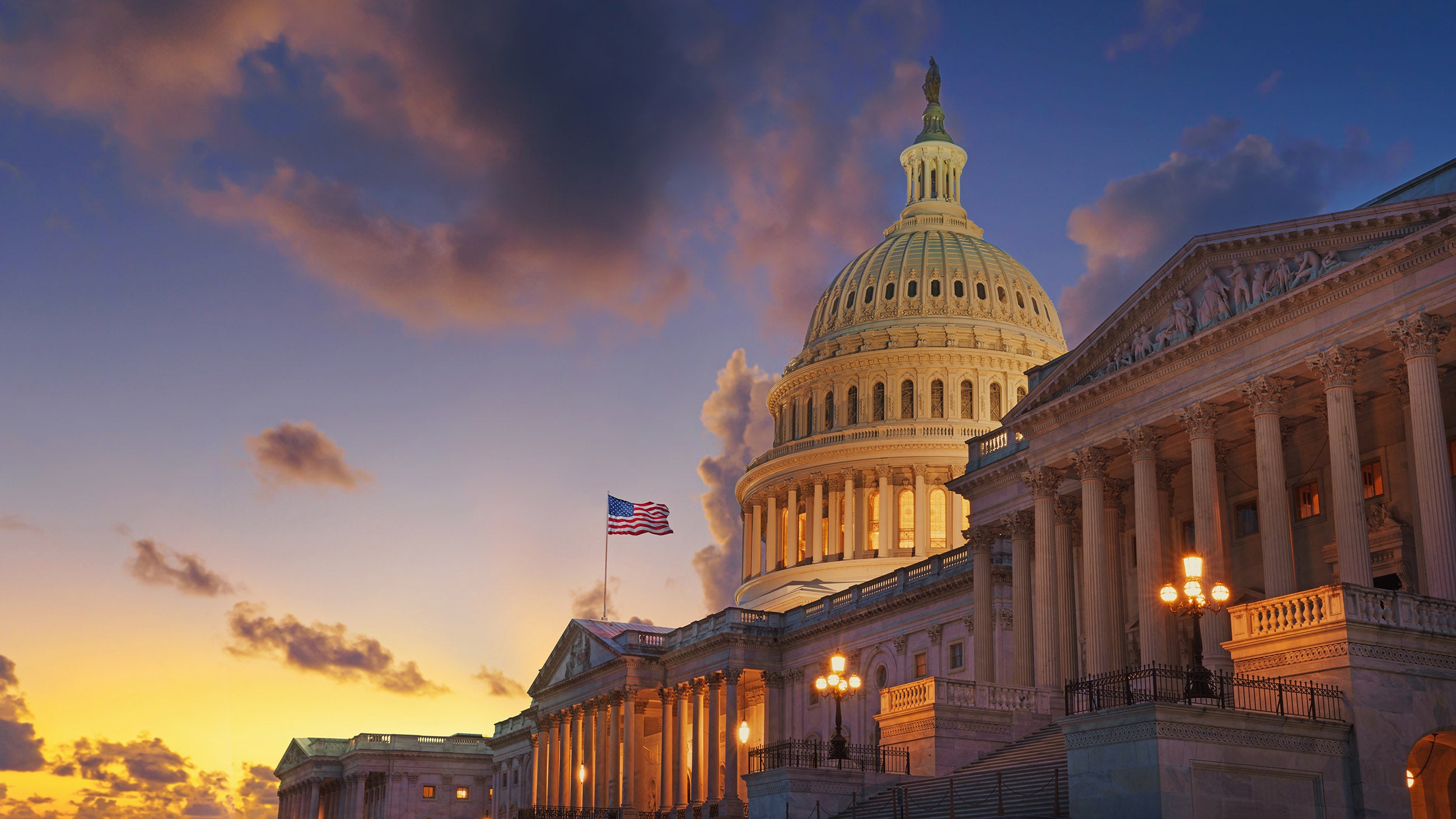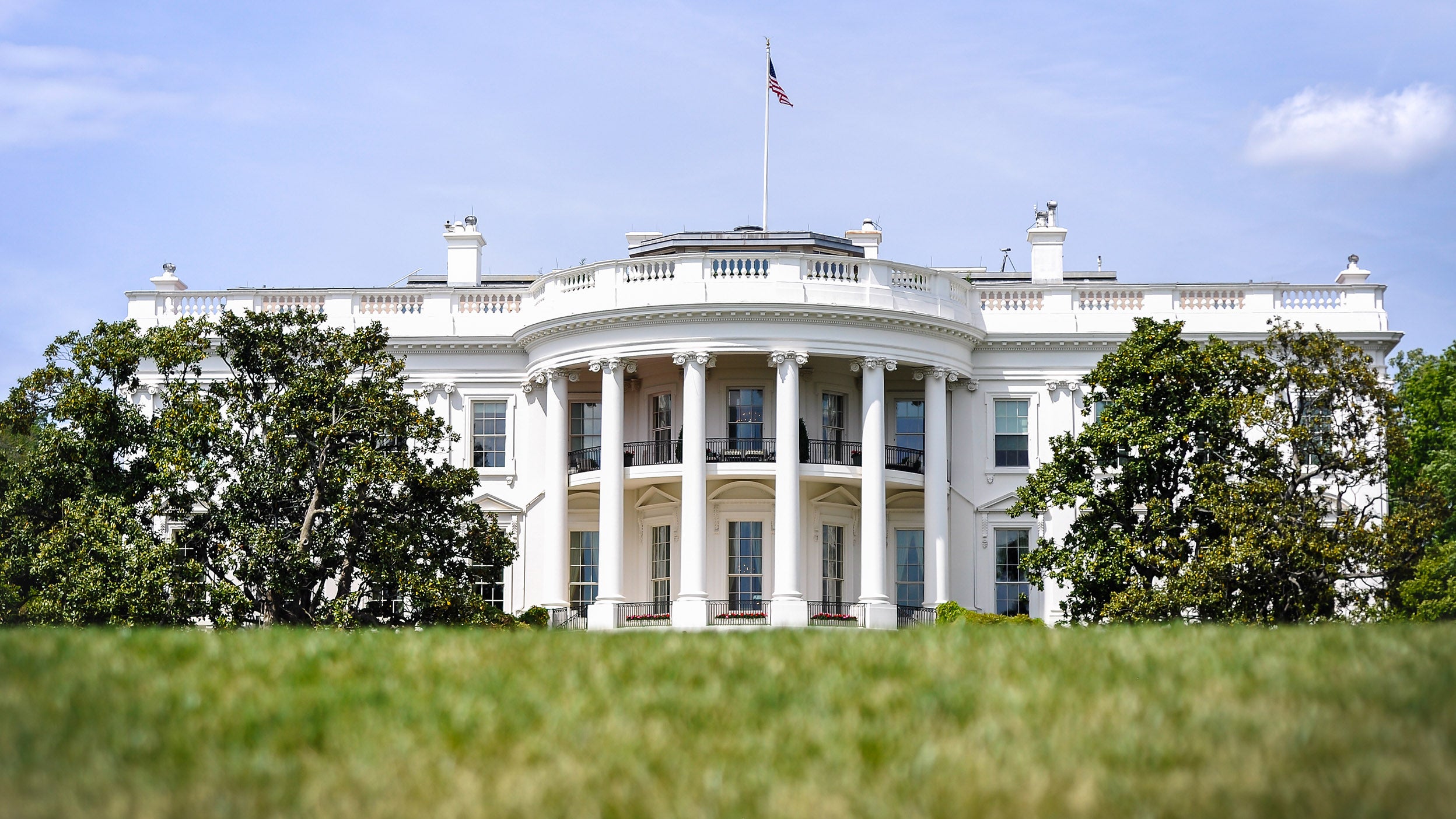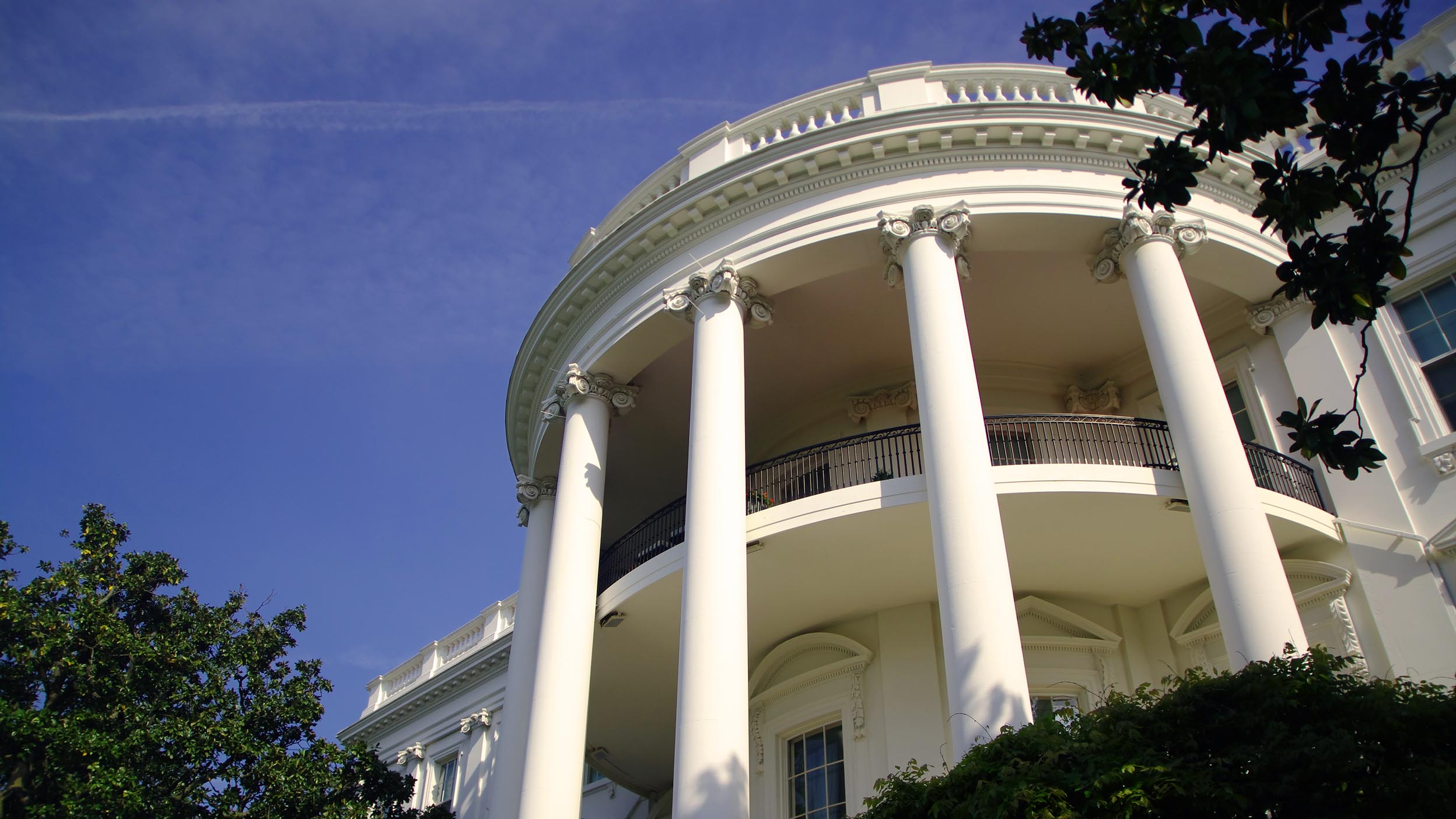
Washington update 100+ lawsuits in 100 days as Trump tests the constitutional order
One-hundred days into the whirlwind that is Trump 47, and already there have been more sweeping changes than we’ve seen during many four-year presidential terms.

Presidential campaigns are about articulating a vision and making promises, and post-election transitions are about building the team and the capacity to deliver on those promises. This is the process that has captivated Washington and the world, as US President-elect Donald Trump constructs his Cabinet. Trump hopes that his hand-picked group of business leaders, current and former politicians, and Washington disrupters will help him implement as many of his policy promises as possible — at least before the 2026 midterm elections.
This edition of our Washington Newsletter tracks Trump’s progress, highlights leadership transitions that are also taking place in the House and Senate, and summarizes the must-pass legislation that’s in front of the current “lame duck” Congress.
We also bring you political updates from around the world:
Read the full newsletter for more insight on how pending policies may impact the financial and geopolitical landscapes in 2025.

One-hundred days into the whirlwind that is Trump 47, and already there have been more sweeping changes than we’ve seen during many four-year presidential terms.

The speed and volume of activity at the beginning of the Trump 2.0 administration makes the usual 100-day benchmark obsolete. Andy Blocker analyzes the first 50.

Based on Trump’s campaign pledges and subsequent activity, his second presidency may affect the markets and economy though not as much as monetary policy.
Important information
NA4134622
Image Credit: FotografieLink / Getty
All data from Invesco unless otherwise noted.
The opinions referenced above are those of the author as of Dec. 24, 2024. These comments should not be construed as recommendations, but as an illustration of broader themes. Forward-looking statements are not guarantees of future results. They involve risks, uncertainties and assumptions; there can be no assurance that actual results will not differ materially from expectations.
This link takes you to a site not affiliated with Invesco. The site is for informational purposes only. Invesco does not guarantee nor take any responsibility for any of the content.